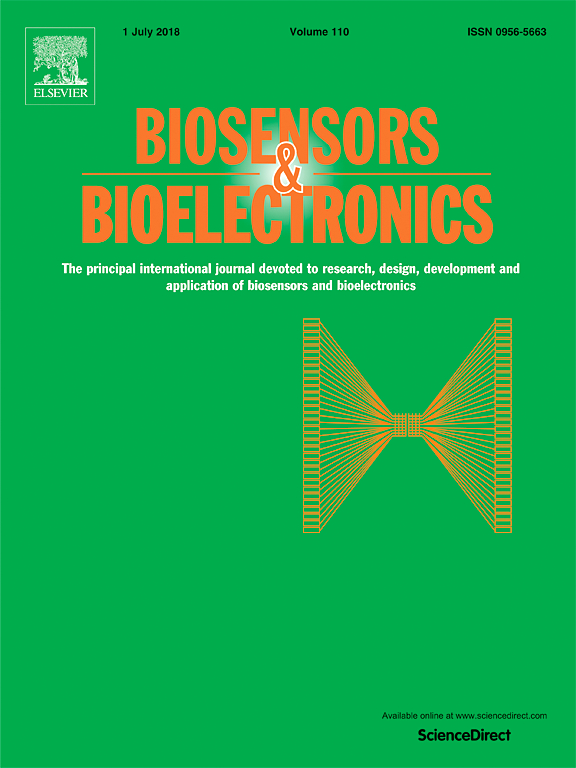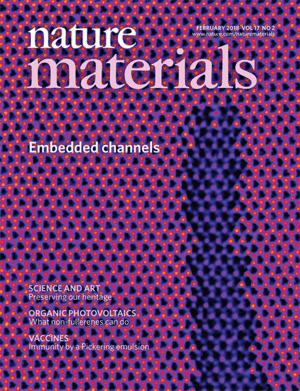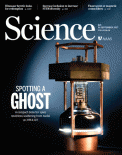The Internet of Things. Computer science. Botany. COVID-19.
All worthwhile subjects, to be sure. But what do they have to do with materials science?
That’s what James Heathers, who will be familiar to readers of Retraction Watch as a “data thug,” found himself wondering after he spent a weekend looking into articles published by Materials Today: Proceedings. He found at least 1,500 off-topic papers, many with abstracts containing “tortured phrases” that may have been written by translation or paraphrasing software, and a few with titles that had been previously advertised with author positions for sale online.
He detailed his findings in a blog post today, and says that the journal – an Elsevier title – has published many articles that look like the work of a paper mill.
Continue reading Can you explain what these 1,500 papers are doing in this journal?


 The similarities between recent papers in two different journals about energy were striking — so striking that a number of people have
The similarities between recent papers in two different journals about energy were striking — so striking that a number of people have 
 The authors of a highly cited 2016 research letter on a way to improve the efficiency of solar panels have retracted their work following “concerns about the reproducibility.”
The authors of a highly cited 2016 research letter on a way to improve the efficiency of solar panels have retracted their work following “concerns about the reproducibility.”
 Science has issued an expression of concern for a widely covered materials science paper published on Friday, citing issues with the supplementary data.
Science has issued an expression of concern for a widely covered materials science paper published on Friday, citing issues with the supplementary data.